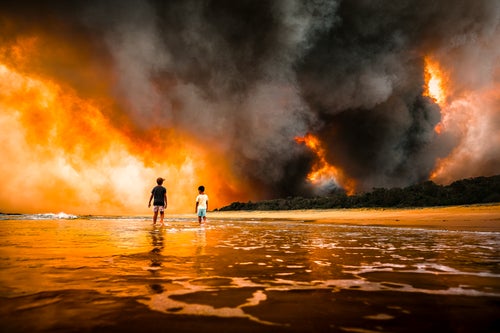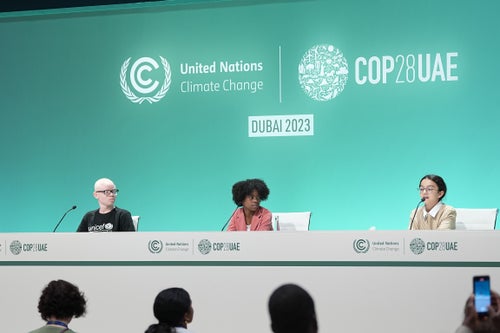Children are the least responsible for climate change, yet they are bearing the greatest burden of its impact.
Here in Australia, children and young people have lived through some of the worst bushfires, droughts, and flooding in recent years. The phrase “1 in 100-year event” is being used to describe these consecutive events.
This week, the court ruled that Australia’s federal environment minister does not have a duty of care to protect young people from the climate crisis.
UNICEF Australia Young Ambassadors, Zara and Harrison, weigh in on what this decision means for children and young people around the country.
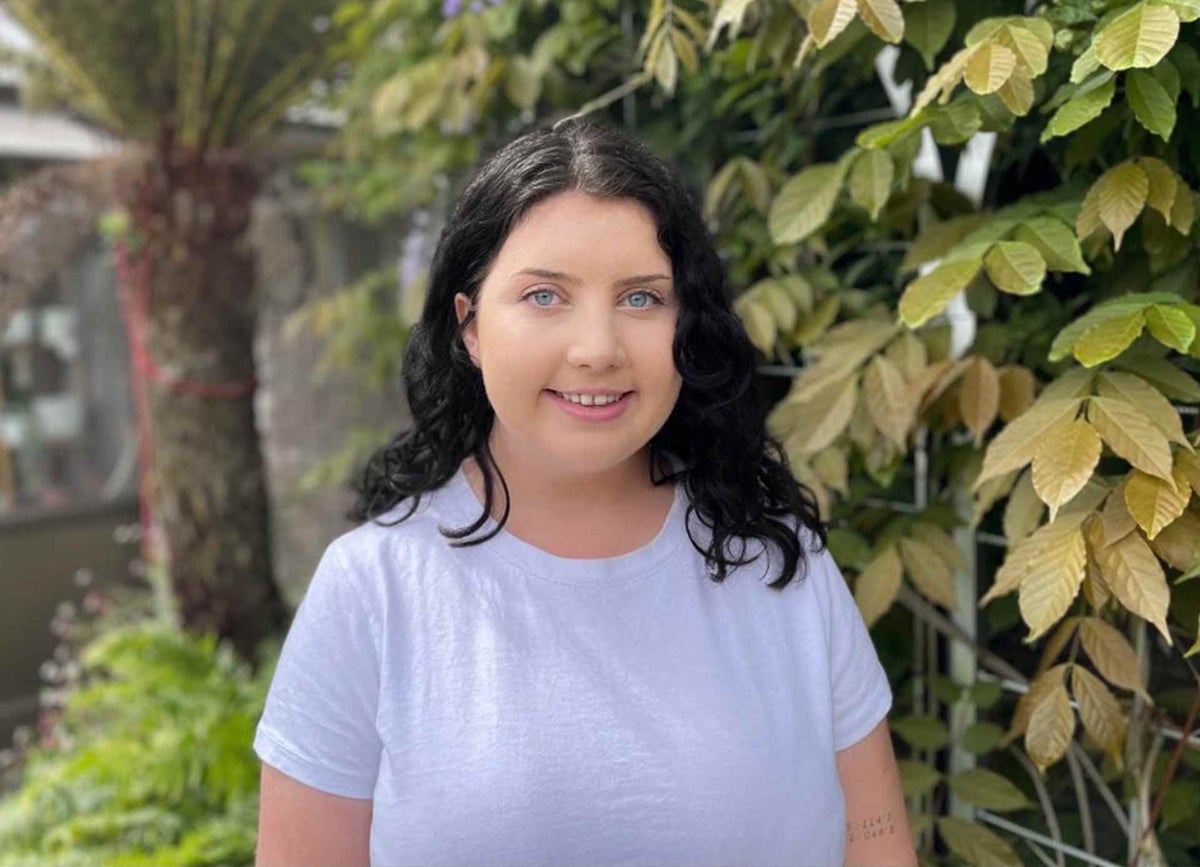
Zara: When I first saw the headline of the news, a wave of frustration hit me. After finishing reading the article, I thought back to what my reaction was of the news of the original decision. The glimmer of hope many young Australian’s had been fighting for. This wasn’t just significant to Australia but to the world.
Now I’m sitting here with one big question clouding my thoughts: if the environmental minister’s role is not to have a duty of care of young people from the climate crisis, what is the role of an environment minister?
This decision has left me with the feeling that young Australian’s have been failed, again. We cannot ignore the climate crisis any longer, when Australians are being directly affected by serve weather events that will continue to get worse.
"Young Australians cannot be failed any longer, we need hope again."
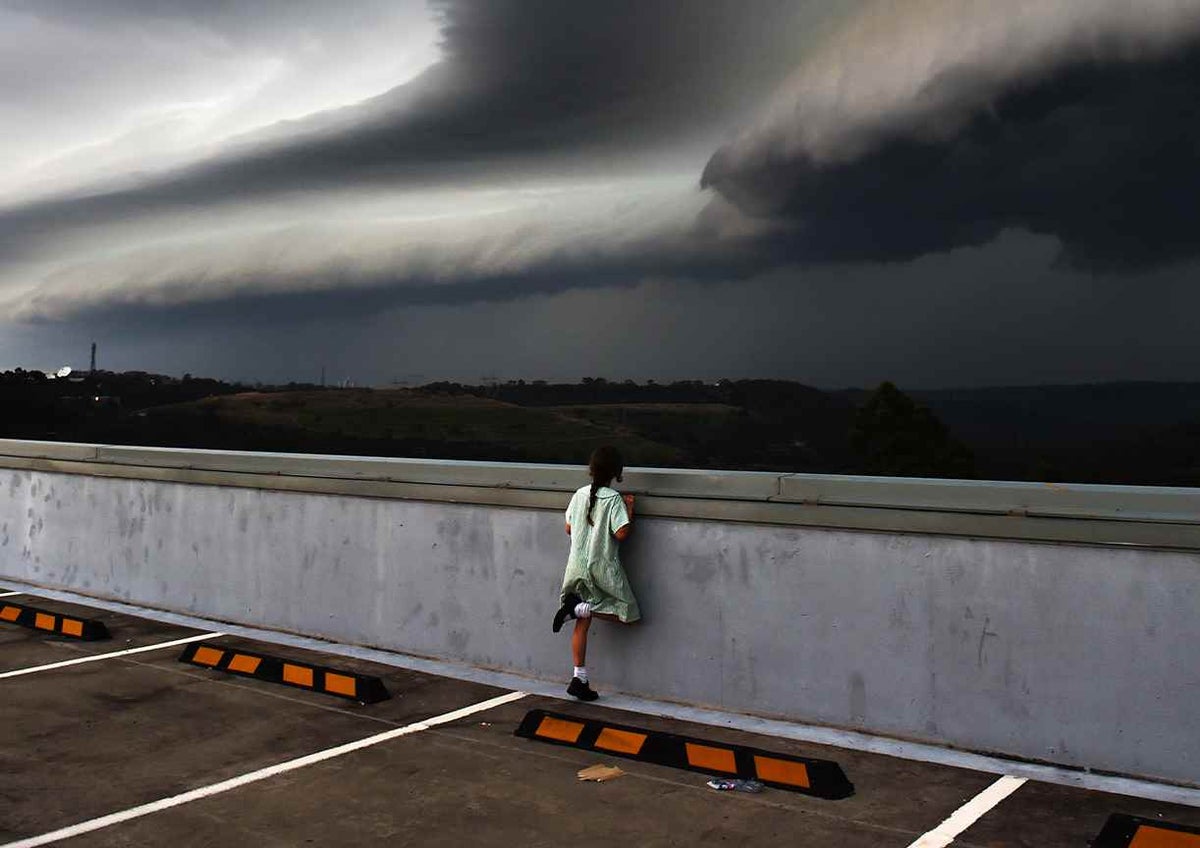
The impact of climate change is here and present, we are living through it and these severe weather events will significantly get worse. We must take immediate action on climate change by:
- making children a focus of environmental strategies.
- reducing emissions and pollution with ambitious actions from governments and businesses.
- protecting children from the impacts of climate change by supporting access to water, health and education.
- including children and young people in decision making processes on polices that affect their lives.
Young Australian’s have gone through so much in the past few years, the inaction to the climate crisis adds intense amount of stress on our future but our mental health. Young Australians cannot be failed any longer, we need hope again.
Zara, 19, is a UNICEF Australia Young Ambassador and proud Lutruwita woman. She currently lives in Tasmania and is studying law and international relations.
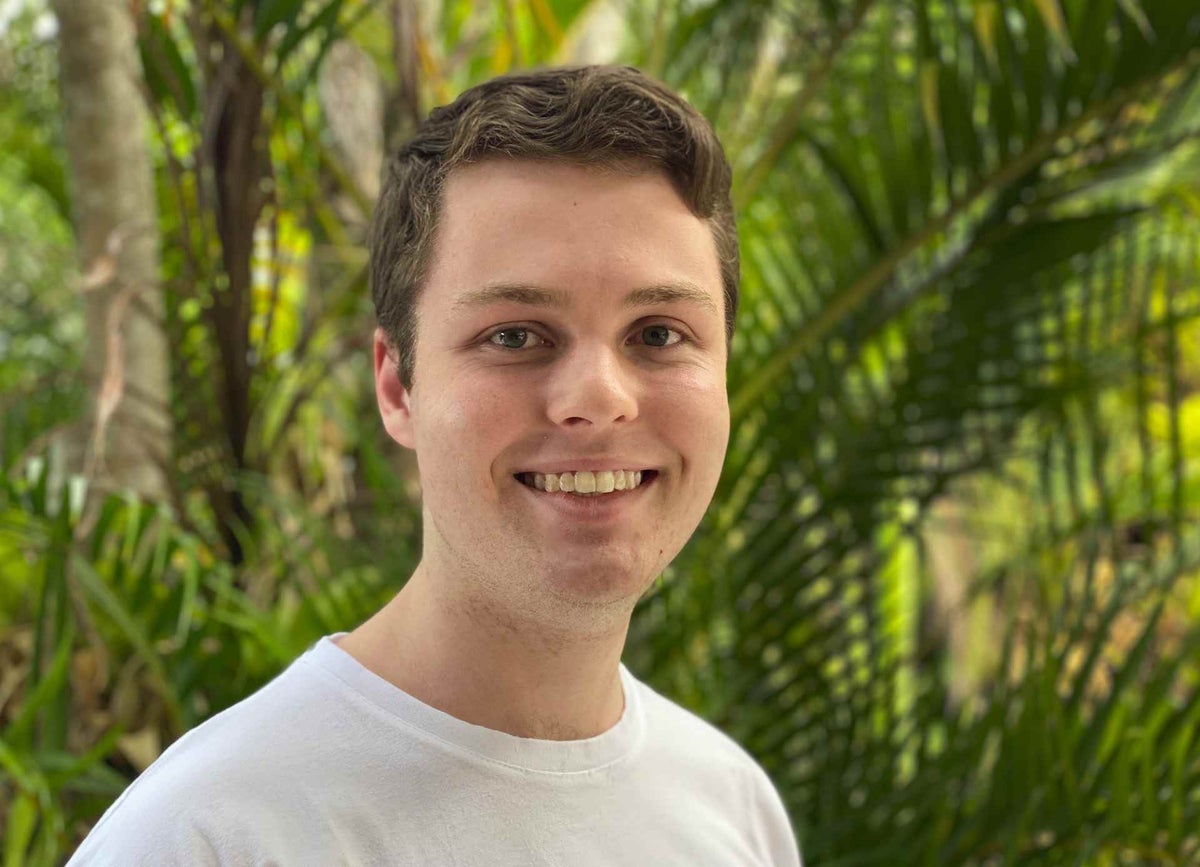
Harrison: Reading about the recent ruling, I feel full of despair, as do many other young people across Australia. Coming from Tropical North Queensland, I’ve seen firsthand the damage that climate change has done to the Great Barrier Reef.
I remember a rich, vibrant tapestry of colours, only to return several years later to a dead, grey mess. The reef supports thousands of jobs in my local community. Without it, what will become of our future?
We don’t want to live in a world where everything we work for can be swept away in a flood or burnt to ashes in a matter of minutes. We don’t want to live in a world where children, like ourselves, are displaced from their homes due to sea level rise. We don’t want to live in a world where we don’t get the same opportunities as our parents enjoyed.
It is vitally important that all sides of politics act to cut emissions to net zero by 2050 at the latest. At this point, it is not just about making children’s lives better – it is also about preventing our lives from becoming worse.
The environment minister may not have a legal duty to protect us from the climate crisis, but they most definitely have a moral duty.
I urge all side of government to adopt ambitious targets, because our future is at stake.
Harrison, 18, is a UNICEF Australia Young Ambassador. He lives in far north Queensland and is studying a double degree in Advanced Computing (Research and Development) and Politics, Philosophy and Economics.
Related articles
Stay up-to-date on UNICEF's work in Australia and around the world















